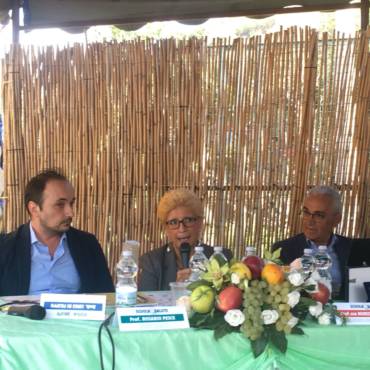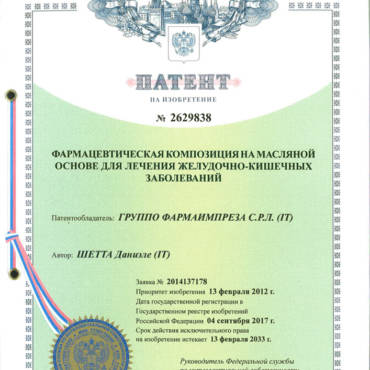Most cases of asthma are diagnosed in late childhood. The origin of the disease should be identified in fetal and neonatal life.
“The studies currently available on the relationship between the vitamin d and the immunity of the baby are all observational” The researchers said.
For the first time, now, with this study it has been shown how high level of vitamin D in pregnancy are actually able to improve the immune response of the unborn, probably protecting him from the development of asthma.
This new study recently published on The Journal of Allergy and Clinical Immunology has found out that vitamin D supplementation in pregnancy may be able to improve the immune system of the infant, protecting him from asthma and respiratory infections.
The study results are very interesting from the speculative point of view but still preliminaries from the clinic one and needs improvement.
Rationale of the study
During the fetal development, planning of the immune system could affect the risk factors related to asthma and the outcomes over the years, as told by the authors in the introduction of the study.
Vitamin D, according to the available scientific literature, it’s an immune modulator of the immune function,
It is hypothesized that the deficit of this hormone during pregnancy can affect the development of disease in progeny.
The main goal of this Britain study, made by King’s College researchers was to evaluate the effect of 4.400 IU/die supplementation of vitamin D3 during the second and the third semester of pregnancy vs the recommended daily intake of 400 IU/die on the immune system of the unborn child.
Study design and primary outcomes
The women recruited were randomized to receive the supplementation of the high dose or the low one of vitamin D3 between the 10th and the 18th week of gestational period.
The researchers performed a blood sampling from the umbilical cord of the 51 women recruited in the study in order to test the reactivity of the innate immune system of the unborn because this one represent the first line defense against infection as well as the response of T lymphocytes, which ensure long-term immune protection.
From the analysis obtained, the hematic cells of the unborn belonging to mothers who received high-dose-of vitamin D3 supplementation responded against the agents capable of mimic the stimulation of noxa patogena with an higher ratio of cytokines of the innate immune response and also with an higher production of IL-17A consequently to the T lymphocytes stimulation related to the ones who received the low-dose of vitamin D3 supplementation.
Both the immune response (innate and specific) are considered capable the neonatal defense against infections: some cytokines (GM-CSF, IFN-g, IL-1b. IL-6 and IL-8) are indispensable to assure the natural or innate response through direct mechanisms of action against the invaders in the early phase of the infection, or by immunoregulatory mechanisms that lead to NK and monocytes-macrophages cells activation with the consequent release of other cytokines.
IL-17A instead rules the immunospecific response of t lymphocytes on the respiratory mucosal surfaces.
From these observations and since the scientific evidence that the strong immune response during the neonatal life are related to a decrease of asthma development, the researchers believe that this outcomes are capable of improve the respiratory health of the unborn.
Future consideration
It will be necessary other studies that will confirm the actual impact on long term scale on vitamin D supplementation in pregnancy and the immune system of the progeny.



Add Comment